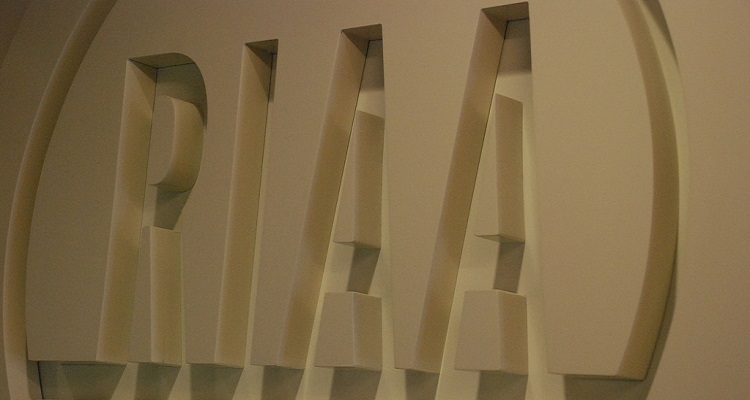The Recording Industry Association of America (RIAA) has been in the news for more than three years for suing file-swappers. Unfortunately, its efforts were occasionally marred by high-profile, public relations disasters. Many people have criticized the RIAA for their harsh and uncompromising legal approach, especially when dealing with vulnerable individuals. This attitude is about to be tested once again, thanks to a lawsuit that was recently issued to stroke victim John Paladuk.
Paladuk is an employee of C&N Railroad who worked there for 36 years before he suffered a severe stroke. He is paralyzed on his left side and has major speech difficulties. According to Ray Beckerman, an industry attorney and a well-known RIAA opponent, Paladuk has denied any file-sharing activity. Despite his disabilities, Paluduk managed to respond to an RIAA complaint. But the RIAA, as usual, was uncompromising and carried out its legal proceedings without any consideration for Paladuk’s medical condition.
The RIAA’s legal approach has been criticized by many people, including those who support copyright protection. Unlike the Motion Picture Association of America (MPAA), which has adopted a somewhat softer legal tone, the RIAA generally carries a heavy and uncompromising legal hammer into most nuanced situations. The RIAA is known for its aggressive tactics, including sending threatening letters to people who may have been involved in file-sharing or downloading copyrighted material.
Many people believe that the RIAA’s legal tactics are heavy-handed and unfair, especially when dealing with vulnerable individuals like Paladuk. The RIAA’s latest lawsuit against Paladuk has sparked outrage among many people, including those who have been following the RIAA’s legal battles for years. Some people feel that the RIAA is using Paladuk as a scapegoat, and that the organization is more interested in making an example out of him than in protecting copyrighted material.
The RIAA, however, has defended its legal approach, stating that it is necessary to prevent copyright infringement and to protect the rights of copyright holders. The RIAA has also stated that it was not aware of Paladuk’s medical condition, and that it would have considered his situation if his counsel had responded to the numerous calls the organization made to him prior to filing this lawsuit.
Whether the RIAA’s legal approach is justifiable or not, one thing is clear: the organization’s reputation has been tarnished by its legal battles. The RIAA has been criticized for its heavy-handed tactics, and the negative publicity generated by its lawsuits has damaged its image. The RIAA’s latest lawsuit against Paladuk is yet another example of how the organization’s legal approach can backfire and cause public relations disasters.
In conclusion, the RIAA’s legal approach has been criticized by many people, including those who support copyright protection. The RIAA’s latest lawsuit against stroke victim John Paladuk has sparked outrage and raised questions about the organization’s tactics. While the RIAA has defended its legal approach, it is clear that the negative publicity generated by its lawsuits has damaged its image. The RIAA needs to rethink its legal approach and find a way to protect copyrighted material without alienating the public.


